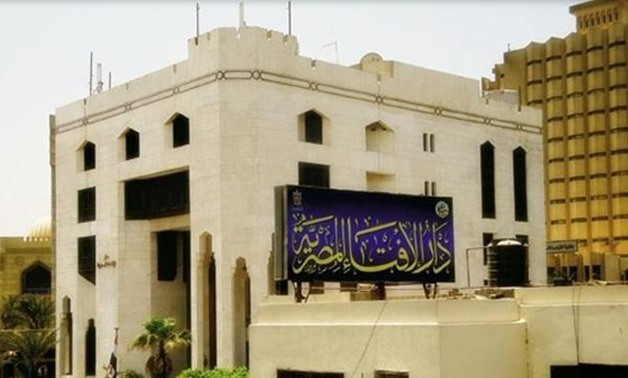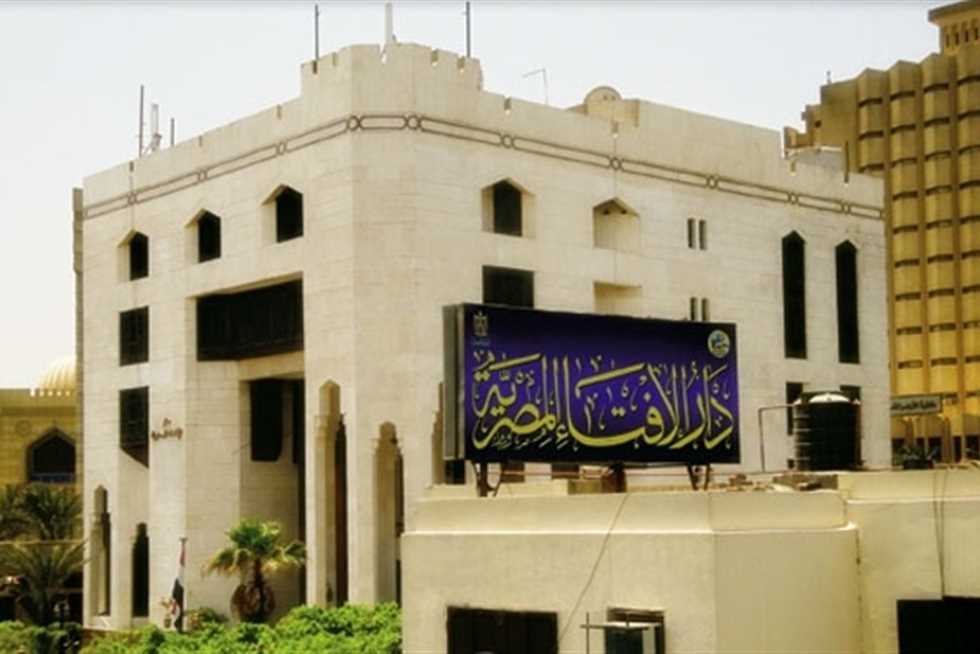A senior official of Egypt’s Dar al-Iftaa, an Al-Azhar body responsible for issuing religious edicts, has said that female genital mutilation is prohibited by religion.
In an event marking a national day for countering female circumcision, held at the Population Council, Mohamed Wessam Khedr, a director at Dar al-Iftaa and a representative of Grand Mufti Shawqi Abdel Karim Allam, urged state authorities to redouble efforts to halt the practice which, he said, has social, rather than religious, roots.
The event was attended by officials from the Ministry of Health, the United Nations Children Emergency Fund (UNICEF), a number of rights groups, and local and media outlets.
An Egyptian law declared female circumcisions illegal in 2008, but the phenomenon seems to have persisted in poorer communities where it is believed to be a sanitary and religious practice.
Khedr explained that Al-Azhar scholars had concurred with earlier scientific research that proved that there were negative health effects of female circumcision, hence its statement in 2006 prohibiting the practice.
The persistence of the practice recently led to the death of a 13-year-old girl in Daqahlia. Soheir al-Batea died while being circumcised at a private clinic. Forensic doctors said her death was caused by an overdose of an anesthetic. Her death drew criticism from local women’s rights organizations as well as from UNICEF and the United Nations Population Fund (UNFPA).
Edited translation from Al-Masry Al-Youm



